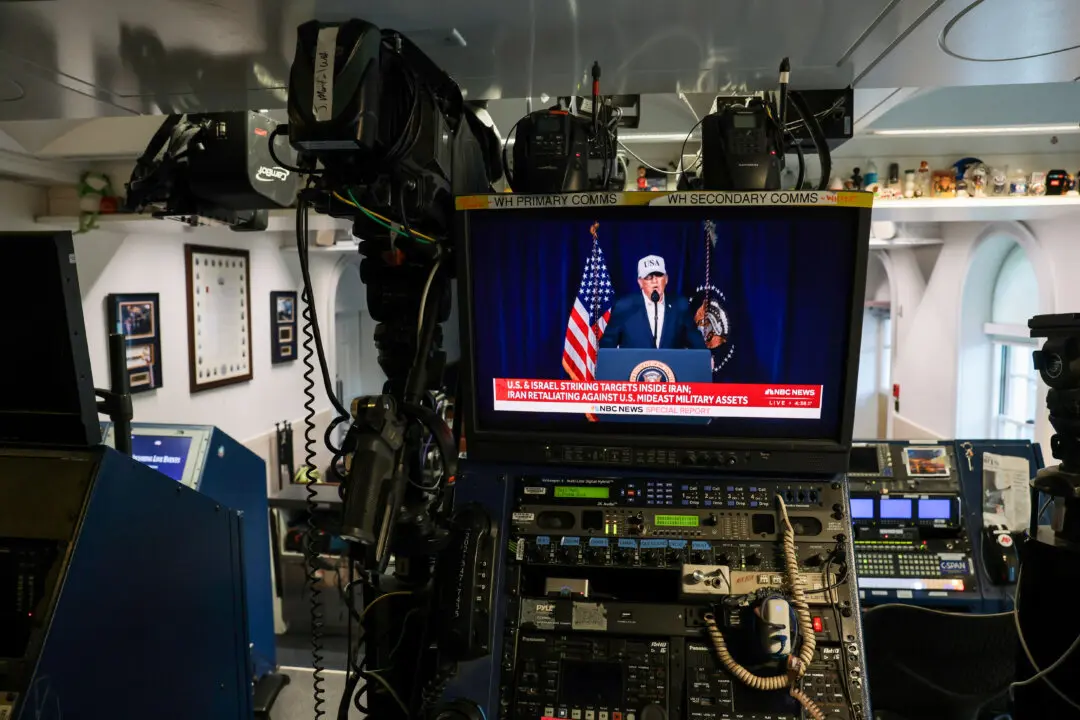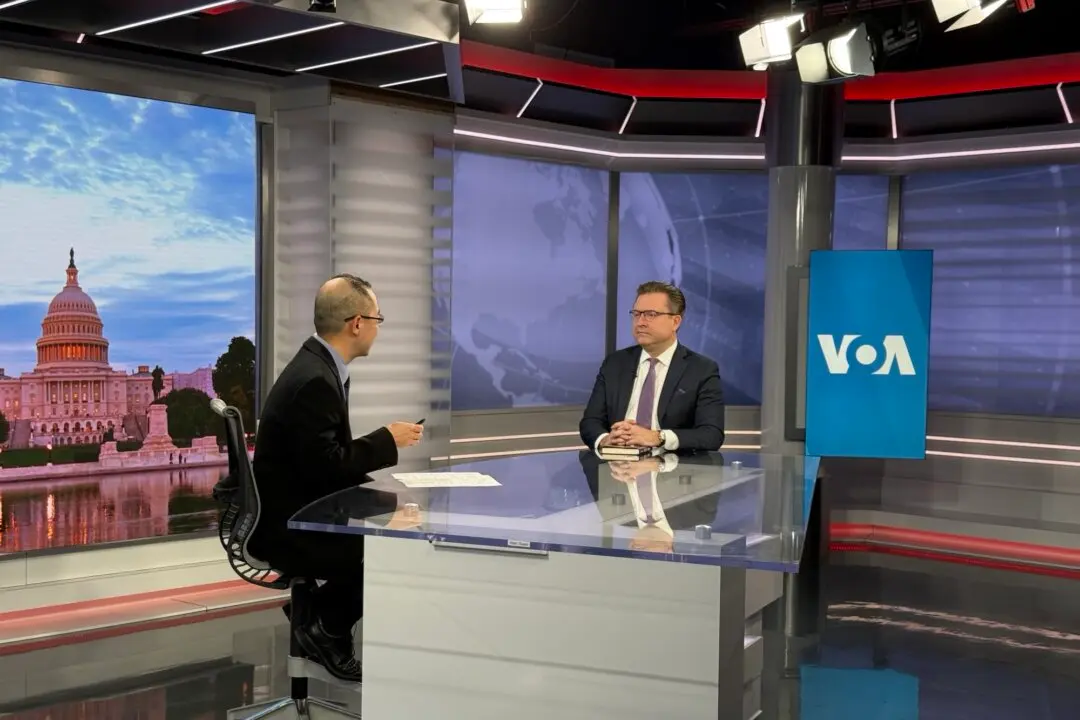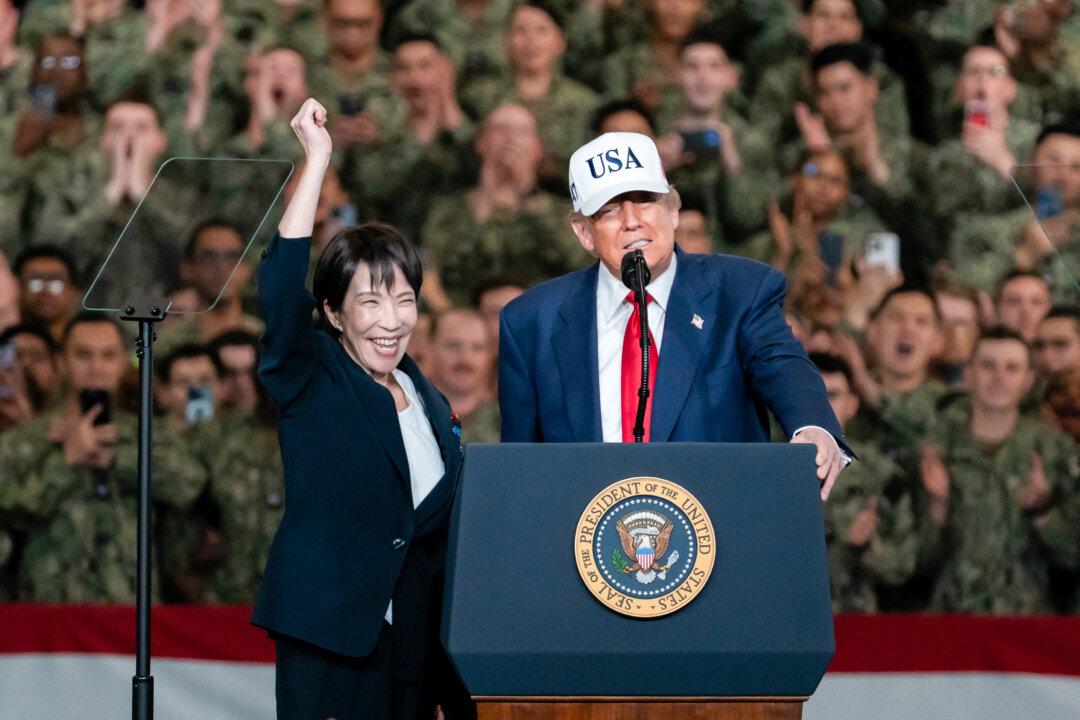As the nation becomes a little less religious year after year, religious freedom has also increasingly come under attack, though sometimes quietly in the background. But the recent pandemic and state shutdowns have shone a spotlight on why it matters.
People started to see their liberties taken away, and wondered whether a shop owner had any right to protest an order that her business close, or why a parent could be handcuffed for taking his child to a park.






